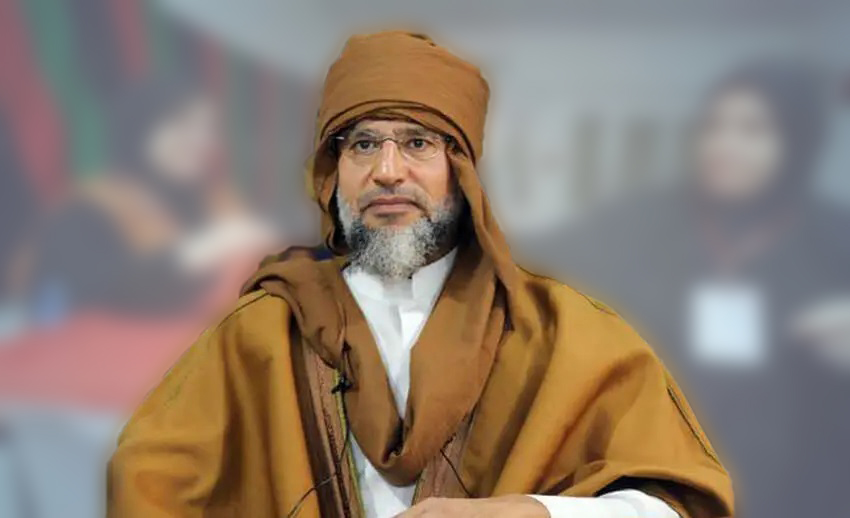The political team of Saif Al-Islam Gaddafi announced their withdrawal from the National Reconciliation Project, led by the Presidential Council. This decision comes as a protest against the ongoing imprisonment of figures from Muammar Gaddafi’s regime.
In a statement released on Thursday, Gaddafi’s team accused the Presidential Council of “lacking seriousness in the reconciliation process.” They criticised the council for failing to address the issue of releasing former regime figures detained since 2011, without formal charges.” It described the continuation of the project as “futile,” citing a “prevailing spirit of revenge and unequal treatment of some Libyans as second-class citizens.” They emphasized that “justice should not favour one party over another.”
The preparatory meeting for the Comprehensive National Reconciliation Conference concluded on Thursday in Sebha, chaired by Abdullah Al-Lafi, the Deputy Head of the Presidential Council. The attendees decided to hold the next meeting in Zuwara at the end of December, with the National Comprehensive Reconciliation Conference scheduled in Sirte at the end of April 2024.
The withdrawal of Gaddafi’s representatives may jeopardize the reconciliation project, which aims to resolve outstanding disputes among Libyans.
The Presidential Council faces several challenges in this process, notably bringing together key political factions to restore trust, amidst ongoing disagreements and disputes over power and wealth.
Supporters of the former regime view Saif Al-Islam as a crucial symbol, and participant in the national reconciliation process. As well as a unifying figure for Libyans, due to his popularity and his political experience.
However, Saif Al-Islam remains wanted by the International Criminal Court (ICC) for alleged war crimes against protesters during the 17 February 2011 revolution.
Libya has been in chaos since a NATO-backed uprising toppled longtime leader Muammar Gaddafi in 2011. The county has for years been split between rival administrations, each backed by rogue militias and foreign governments.
The current stalemate grew out of the failure to hold elections in December 2021, and the refusal of Prime Minister Abdel-Hamid Dbaiba, who is leading the transitional government, to step down.
